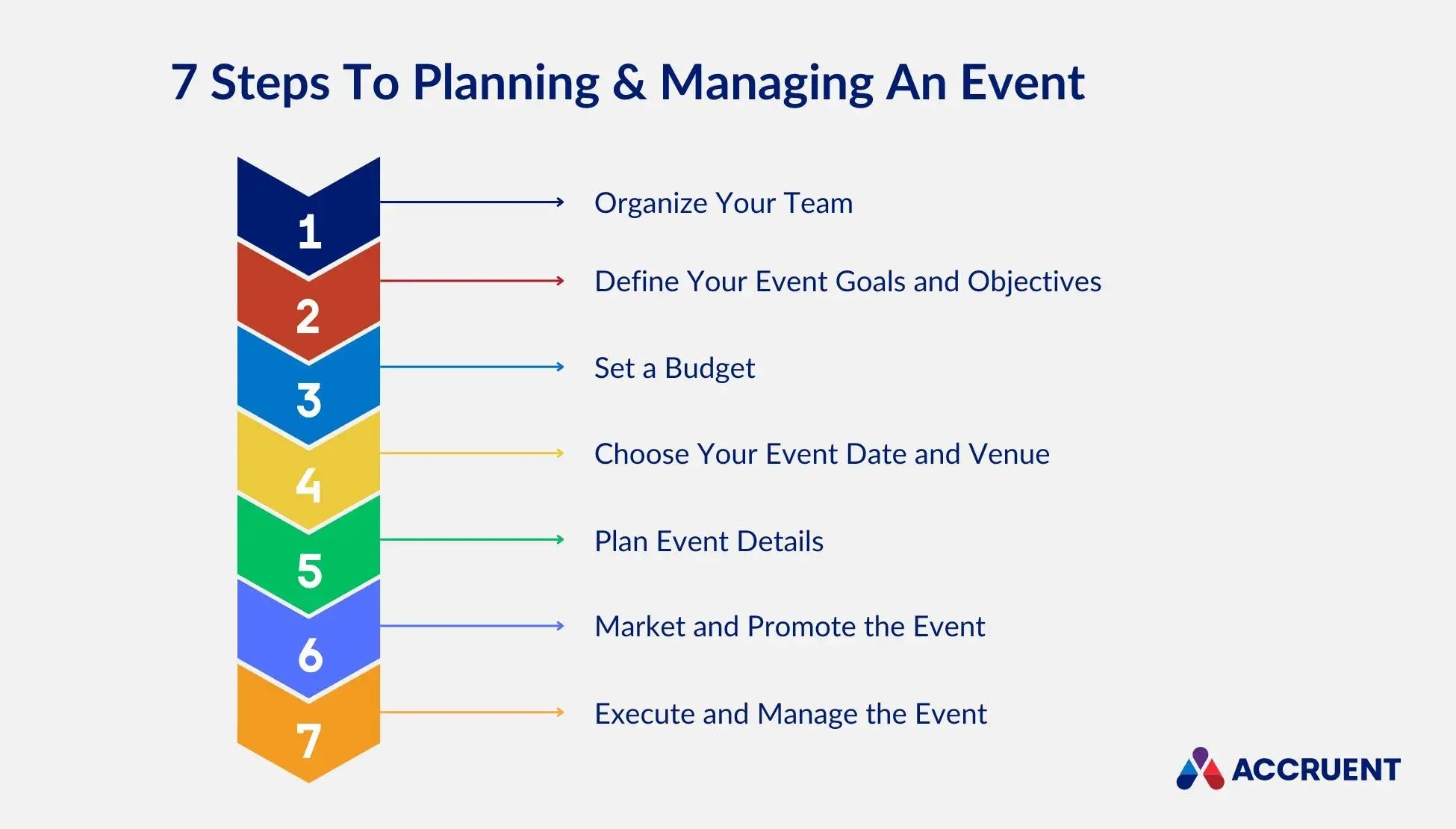
5 Best Event Management Software in 2025: Reviews & Comparison
Explore the best event management software for 2025. Compare features, pricing, and reviews to find the perfect tool for planning successful events.
Solutions
Workplace Management Solutions
Real Estate Management Solutions
Maintenance Management Solutions
Energy Management Solutions
Engineering Document Management Solutions
Asset Management Solutions
Automate campus scheduling for classes, meetings, and exams with our EMS software.
Plan and manage conferences effortlessly with EMS software to impress guests and streamline operations.
Boost workplace flexibility and maximize space use with seamless desk and room booking.
Organize workplace or campus events smoothly, creating memorable experiences.
Optimize workspace, manage allocations efficiently, and reduce costs with our space management solutions.
Deliver projects on time and within budget by improving communication, collaboration, and efficiency with our software.
Streamline lease accounting for ASC 842, IFRS, and GASB compliance.
Manage leases efficiently by tracking key dates, analyzing costs, and ensuring compliance.
Centralize data and analytics for better insights, faster negotiations, and revenue growth.
Centralize facility and asset maintenance, automate work orders, and ensure compliance with our CMMS software.
Extend asset life, reduce downtime, and prevent costly repairs with data-driven monitoring.
Prevent equipment failures and extend asset life by detecting and addressing issues early.
Make sustainable, cost-efficient energy decisions by monitoring and optimizing power consumption.
Remotely monitor and control equipment with real-time data to predict issues, boost efficiency, and reduce downtime.
Easily share and collaborate on documents, creating a single source of truth for engineers and contractors.
Manage and analyze assets across their lifecycle to schedule maintenance, reduce downtime, and extend lifespan.
Improve visibility, automate work orders, and ensure compliance for efficient facility and asset management.
Resources
Browse our full library of resources all in one place, including webinars, whitepapers, podcast episodes, and more.
Self-Service & Support
Looking for self‑service training, best practices, helpful videos, product resources, or support? You’re in the right place.
About Accruent
Get the latest information on Accruent, our solutions, events, and the company at large.

Master the art of event management with a structured process to plan, organize, and execute successful events. Discover the seven essential steps to streamline event planning, from setting goals to ensuring flawless execution. Learn how to leverage event management software to boost efficiency, improve collaboration, and create memorable experiences for attendees.
In the digital world of remote and hybrid work, one might assume that in-person business events are a thing of the past. However, more than half of B2B marketers express a clear preference for attending in-person events over virtual or hybrid events. In other words, success in the modern world requires an understanding of events and how to manage them successfully.
A structured event management process is key to ensuring that all aspects of an event are well-coordinated and executed efficiently.
An event management process is a comprehensive 7-step framework designed to guide the planning, organizing, and execution of events. It encompasses a series of systematic steps that confirm every aspect of an event is meticulously managed — from inception to completion.
This process is foundational in providing a structured approach, enabling event planners to coordinate resources, manage timelines, and achieve the event's objectives. The defined event management process offers guidelines and guardrails, allowing planners to streamline operations, avoid risks, and deliver successful, memorable events. It is a blueprint that ensures the goals and expectations of stakeholders and attendees are met.
A startling 65% of consumers say they better understand a product or service when they experience it through a live event and a product demo. That means ensuring an event taps its full potential is all the more critical. In our structured event planning process, there are seven essential steps to ensure everything runs smoothly from start to finish.

Clear goals are the cornerstone of effective event planning. Without defined objectives, measuring success or knowing whether all efforts are aligned will be challenging. First, start by understanding the event's primary purpose, audience, and what stakeholders hope to achieve.
Identify the purpose of the event: Determine the main reason for hosting the event, whether it's to educate, celebrate, promote, or something else.
Set measurable objectives: Establish specific, quantifiable goals to track progress and measure success.
Align the event with broader organizational goals: Ensure the event supports the larger mission and vision.
Assemble a skilled team to cover all aspects of the event planning. A well-coordinated team can handle various tasks and ensure everything runs smoothly. Clearly define roles and develop a strong communication plan to keep everyone aligned.
Define roles and responsibilities: Assign clear roles to team members to avoid overlap and confusion.
Establish a team communication plan: Set up regular meetings and communication channels to keep all members on the same page.
Utilize team strengths and expertise: Leverage your team's unique skills and knowledge to improve planning and execution.
A detailed budget is critical to avoid overspending. A well-planned budget helps appropriately allocate resources and prepare for unexpected costs. This acts as the financial roadmap for the entire event.
Estimate costs: Predict all potential expenses accurately to avoid budget shortfalls.
Plan for contingencies: Allocate funds for unexpected costs to prevent financial surprises.
Track expenses diligently: Keep a close eye on spending to stay within budget and adjust as needed.
Select the right venue and date based on the event goals and availability of the target audience. Check the venue’s specs to ensure it’s convenient and suitable for the type of event.
Align date and venue availability with event goals: The chosen date and location should support the event's purpose and objectives.
Consider attendee convenience and accessibility: Select a venue that is easy for participants to reach and accommodate their needs.
Negotiate terms and securing the venue: Finalize the venue contract to lock in your location and date.
Outline the event ahead of time to ensure everything runs smoothly. Paying attention to detail at this stage can and will significantly impact the event’s success.
Coordinate vendors and suppliers: Work closely with those providing services and products for the event to ensure timely delivery and quality.
Finalize the event program and schedule: Create a detailed agenda to keep the event on track and activities well-organized.
Address technical requirements and logistics: Ensure all technical aspects, such as AV equipment and internet connectivity, are secured and will have on-site assistance to address malfunctions.
Spend time to build buzz around the event. Develop a comprehensive marketing plan that utilizes various channels to reach the target audience and generate interest.
Develop a marketing plan and promotional materials: Craft a marketing strategy that details your intended audience, event messaging, what channels you will use to reach your target audience and what promotional materials you will use.
Leverage social media and digital marketing: Use online platforms to build excitement and engage with potential attendees, creating excitement and anticipation.
Engage potential attendees through outreach: Reach out to stakeholders, attendees, and potential attendees to generate interest and encourage attendance. Most participants will likely be present on corporate social media, so consider inviting relevant people through smart outreach automation such as LinkedHelper.
On the day of the event, be prepared to be flexible and stay ahead of any issues. Effective execution involves overseeing the setup, coordinating the team, and handling unexpected challenges. This is where all the preparation comes in handy to make sure all goes as planned.
Oversee event setup and coordination: Ensure all elements are in place and functioning as planned, from decorations to technical setups to other operations.
Manage staff and volunteers: Keep your team organized and motivated to handle tasks efficiently and address any issues.
Handle unexpected challenges and troubleshooting: Be prepared to address problems quickly and effectively.
Download our free Event Planning Checklist to simplify your workflow, keep every detail on track, and deliver successful events from start to finish.
A straightforward event management process acts as a roadmap. It offers guidance from planning to execution and keeps everyone on the same page to meet the event’s goals. When properly utilized, it helps allocate resources like time, budget, and staff — avoiding any waste of resources.
On the simplest level, having a comprehensive plan allows event organizers to spot potential problems early and address them before they become major issues. This proactive approach helps avoid last-minute crises and ensures the event runs smoothly.
The right event planning software is transformative for planning, managing, and executing events. The right tools can help unlock new levels of efficiency. Beyond that, here are some key benefits of integrating software into the event planning process.
Don’t get lost in the details. The best event management software automates and simplifies complex planning tasks like scheduling and vendor management. This saves time while reducing the chances of errors. Additionally, it allows event planners not to get bogged down in details while focusing on more strategic activities.
Teamwork makes the dream work. Event management platforms improve communication and collaboration among team members — no matter where they are located. This means everyone is on the same page and can collaborate seamlessly to execute the event.
Know what’s happening at any moment. With live updates, event managers can monitor progress in real time and make necessary adjustments. This flexibility helps address any issues and keeps the event on track.
Make decisions based on facts and data, not feelings. Event management software provides valuable analytics and reporting features. These insights help planners optimize event performance and improve future events based on data-driven feedback.
Drive towards the target audience and make the event a seamless experience. Advanced software solutions offer features like registration management and interactive tools. Engaged attendees are more likely to have a positive experience, contributing to the event's overall success.
Accruent EMS is a comprehensive event management system designed to streamline the management process. Whether for conferences or other events, it aligns perfectly with the objectives of event planners by offering tools that improve efficiency, coordination, and overall event success. Accruent EMS integrates all aspects of event planning, from scheduling to execution, into a single platform, making managing events of any size and complexity easier.

Here are some of the key features and benefits:
Accruent EMS provides the tools and features necessary to handle the complexities of event management. The software is designed to make sure every event is executed flawlessly.
See how Accruent EMS can help me you streamline your event management process
Here are common questions about the event management process.
The event planning process is a series of steps to organize and execute a successful event. It includes defining the event’s goals, assembling a team, setting a budget, choosing a date and venue, planning details, marketing the event, and managing the event on the day it occurs.
Organizing an event involves seven key steps. Start by defining the event’s goals and objectives. Then, organize a capable team and set a detailed budget. Next, select the date and venue and plan all event details. Market and promote the event. Finally, it’s to execute and manage the event on the day it takes place.
Event management begins with clearly understanding the event's purpose and objectives. This involves careful planning and organization of resources — including budgets, timelines, and team members. Then, coordinate with vendors and stakeholders to ensure a seamless experience. Promote the event to attract attendees and manage on-the-day operations to ensure everything runs smoothly. Throughout the process, effectively communicate and problem-solve any challenges that arise.
Explore the best event management software for 2025. Compare features, pricing, and reviews to find the perfect tool for planning successful events.
Explore event scheduling solutions that simplify planning, reduce booking conflicts, and support smarter space management across your organization.
Explore hybrid event management strategies to streamline planning and improve engagement. Learn how EMS Software optimizes your event management ...
Subscribe to stay up to date with our latest news, resources and best practices.
* To unsubscribe at any time, please use the “Unsubscribe” link included in the footer of our emails.